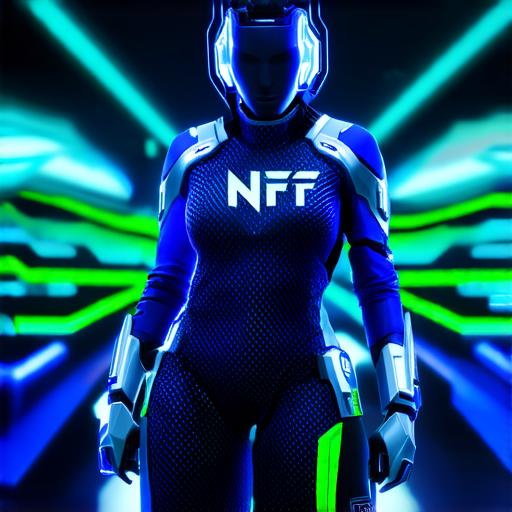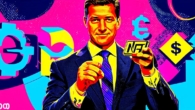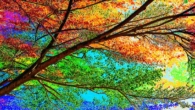
What does the future hold for NFTs
Introduction
In recent years, non-fungible tokens (NFTs) have emerged as a groundbreaking technology that has the potential to revolutionize various industries. NFTs are digital assets that are unique and cannot be replaced by another identical item. They allow for the creation and ownership of authentic and rare digital assets that can be traded and sold on decentralized marketplaces.
What are NFTs?
NFTs are a type of blockchain-based digital asset that is unique and cannot be replaced by another identical item. They are stored on a decentralized network, which means they are not controlled by any central authority or intermediary. Instead, they are owned and traded directly between individuals using cryptocurrency. NFTs can be in the form of art, music, videos, photos, and more.
The Rise of NFTs
NFTs have been around since 2017 when Cryptokitties, a decentralized game that allows players to buy, sell, and breed unique cats, was launched on the Ethereum blockchain. However, it wasn’t until 2021 that NFTs really took off, with the sale of a single digital artwork called “Beeple” fetching a record-breaking $69 million at Christie’s auction house. Since then, the value of the NFT market has skyrocketed, with total sales reaching over $2 billion in just the first half of 2021.
The Future of NFTs
The future of NFTs looks bright, and experts predict that they will continue to disrupt traditional industries and create new opportunities for creators and collectors alike. Here are some insights from industry leaders:

-
NFTs Will Revolutionize the Art World
-
2. NFTs Will Change the Music Industry
-
3. NFTs Will Disrupt Gaming
-
4. NFTs Will Transform the Collectibles Industry
-
5. NFTs Will Enable New Forms of Creativity and Collaboration
Artists and collectors have long been frustrated by the high cost and exclusivity of traditional art. With NFTs, artists can sell their work directly to buyers, bypassing intermediaries like galleries and dealers. Collectors can also own unique and authentic pieces of art that are not limited by physical scarcity, making it easier to build diverse and valuable collections. The art world is already embracing NFTs, with artists like Beeple and Damien Hirst selling their work as NFTs on platforms like Christie’s and Sotheby’s.
The music industry has already seen the rise of blockchain-based platforms like Audius, which allows users to listen to music and earn cryptocurrency for listening and sharing content. With NFTs, musicians can sell unique and authentic songs, album art, and other digital assets directly to fans, bypassing intermediaries like record labels and streaming services. This could lead to more engaging and rewarding music experiences for fans and a fairer distribution of royalties for musicians.
Gaming has long been a lucrative industry, but it has also been plagued by issues of piracy and pay-to-win game mechanics. With NFTs, gamers can own unique and authentic in-game assets that are not subject to copyright infringement or exploitation. This could lead to more immersive and enjoyable gaming experiences for players and a fairer distribution of rewards and assets within the game. Games like CryptoKitties and Rarible are already using NFTs to create unique gaming experiences and assets.
The collectibles industry, including sports cards, comics, and other rare items, is ripe for disruption by NFTs. With NFTs, collectors can own unique digital representations of their favorite items, which can be traded and sold on decentralized marketplaces. This could lead to a more liquid and accessible collectibles market, allowing collectors to buy and sell rare items easily and without the need for intermediaries. Platforms like OpenSea and Rarible are already using NFTs to create unique collectibles experiences and assets.
NFTs allow creators to monetize their work in new ways, including through the sale of limited-edition digital assets and the creation of exclusive communities around their work. This could lead to new forms of creativity and collaboration, as artists and creators experiment with new ways to engage with their audiences and build value around their work.
Summary
The future of NFTs looks bright, with experts predicting that they will continue to disrupt traditional industries and create new opportunities for creators and collectors alike. As the technology continues to evolve and more use cases are discovered, it’s likely that we will see even more innovative and exciting applications of NFTs in the future. Whether you’re an artist, collector, or simply interested in the latest technological developments, NFTs are worth keeping an eye on as they continue to shape the future of digital assets and creativity.







